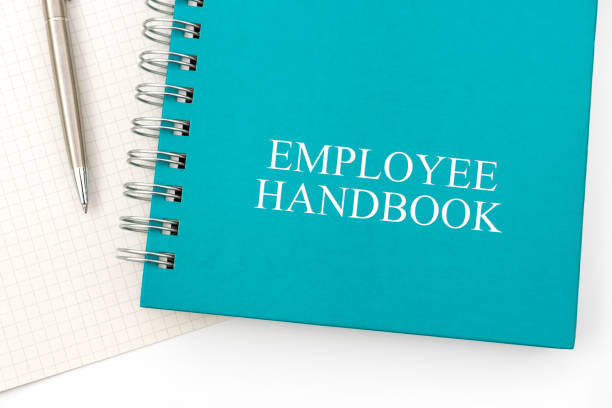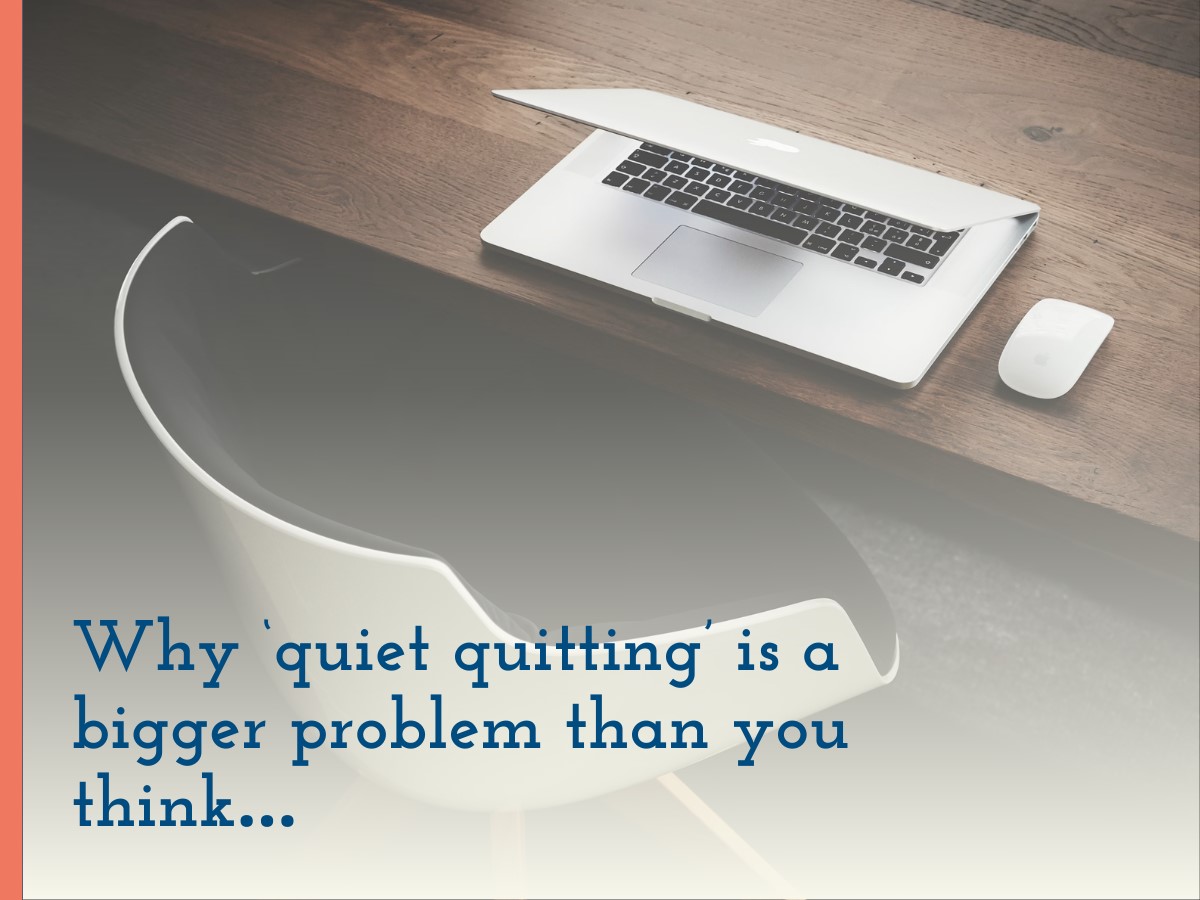

Knowledge Centre
We're here to help you solve your people problems


Employment Law
07 February 2025
How to Calculate Holiday Pay: A Simple Guide for Employers

HR Support
07 February 2025
Fairly Dismissing Staff for Poor Performance: Employer Best Practices

Employment Law
07 February 2025
Settlement Agreements Explained: What UK Employers Must Know

HR Documentation
10 January 2025
What Is A Performance Improvement Plan: Benefits & Best Practices







Employment Law
09 December 2024
Employment Contract Types & Key Benefits: A Guide for UK Employers


HR Documentation
09 December 2024
Employee Handbooks: Essential Benefits & Compliance Tips for Employers

Employment Law
09 December 2024
Employment Law Changes in 2024: What Employers Need To Know

Employment Law
21 November 2024
Verbal Warnings at Work: What UK Employers Need to Know & Do

Employment Law
21 November 2024
Flexible Working FAQs: What UK Employers Should Understand

HR Compliance
21 November 2024
HR Audits: A Strategic Tool to Boost Your Business Performance

Happy Team
18 November 2024
Quiet Quitting Explained: Why Employers Should Take the Trend Seriously



